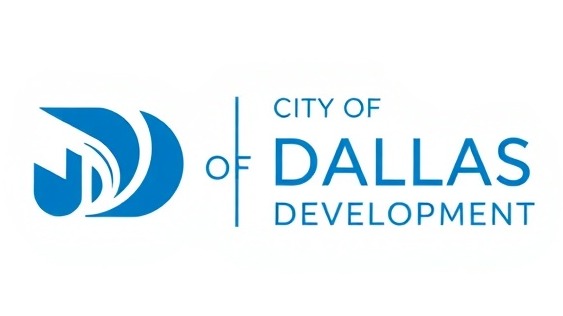
The Evolving Tax Landscape in Dallas
The tax rate across the City of Dallas has shown a downward trend since 2018, providing some relief to homeowners and business owners alike. Currently set at $0.698800 per $100 in property valuation, this decline is noteworthy given the rising cost of living in urban areas. Understanding how this figure impacts both residents and the larger business community is crucial.
Decoding the Current Tax Rates
As of 2025, Dallas's tax rate has dropped from previous years, with the highest recorded rate back in 2018 being $0.780400. The reductions can be attributed to an improving economy and streamlined city budgeting practices. When combined with county and other jurisdictional taxes, the total tax obligation amounts to $2.226885 per $100 in valuation. This figure is important not only for real estate calculations but also for businesses assessing their operational costs.
Impact on Local Businesses
Small businesses are particularly sensitive to tax rates. With reduced taxation, there is potential for more investment in growth opportunities. Startups and local entrepreneurs can benefit from a lighter tax load, which can help in directing funds toward innovation and team expansion. Existing data suggest that lower tax burdens aid entrepreneurship, potentially turning the Dallas business landscape more robust.
Comparative Insight: Surrounding Jurisdictions
It's essential to consider how Dallas's tax rates stack up against surrounding jurisdictions. For instance, the Dallas Independent School District counts a tax rate of $0.993835, whereas Dallas County’s sits at $0.215500. The broader picture indicates that while Dallas aims to remain competitive, understanding the variable rates across its multiple tax jurisdictions can play a vital role in strategic business planning. Always confirm the current rates, as they may fluctuate from year to year.
The Broader Economic Trends in Dallas
Tax rates are just one part of a larger economic framework. With increasing discussions around the Dallas startup scene, including the rise of tech companies and co-working spaces, understanding the cost implications due to taxation is vital for entrepreneurs. Instances of Dallas-based tech companies expanding their operations reflect a healthy city economy, spurred in part by favorable tax conditions.
What This Means for Dallas Entrepreneurs
For Dallas entrepreneurs, lower tax rates could provide a cushion to experiment with new ideas or scale existing ventures. This environment fosters innovation and can lead to better resources for the community. The growth potential in Dallas is evident, with business networking events and expos on the rise, providing platforms for collaboration and sharing among local professionals.
Future Predictions: Economic Growth on the Horizon
Given the current trend of declining tax rates, experts speculate that the Dallas economy may continue to flourish. As businesses feel lighter tax burdens, we may see an uptick in job opportunities, particularly in technology and service sectors. This could lead to higher levels of entrepreneurship, with emerging startups attracting venture capital investment.
Final Thoughts
The trajectory of tax rates in Dallas indicates a more favorable climate for both residents and business owners. As the city continues to adjust its policies to reflect growth and sustainability, understanding the implications of these tax rates becomes increasingly essential. Entrepreneurs and small business owners should view this as an opportunity to innovate with lower operational costs and to engage deeply in the ever-evolving Dallas business landscape.
Stay informed about your financial obligations and the wider economic trends that can directly affect your business strategy and success. Engage with local chambers of commerce and attend business networking events to fully leverage the benefits of being a Dallas entrepreneur.
 Add Element
Add Element  Add Row
Add Row 



Write A Comment